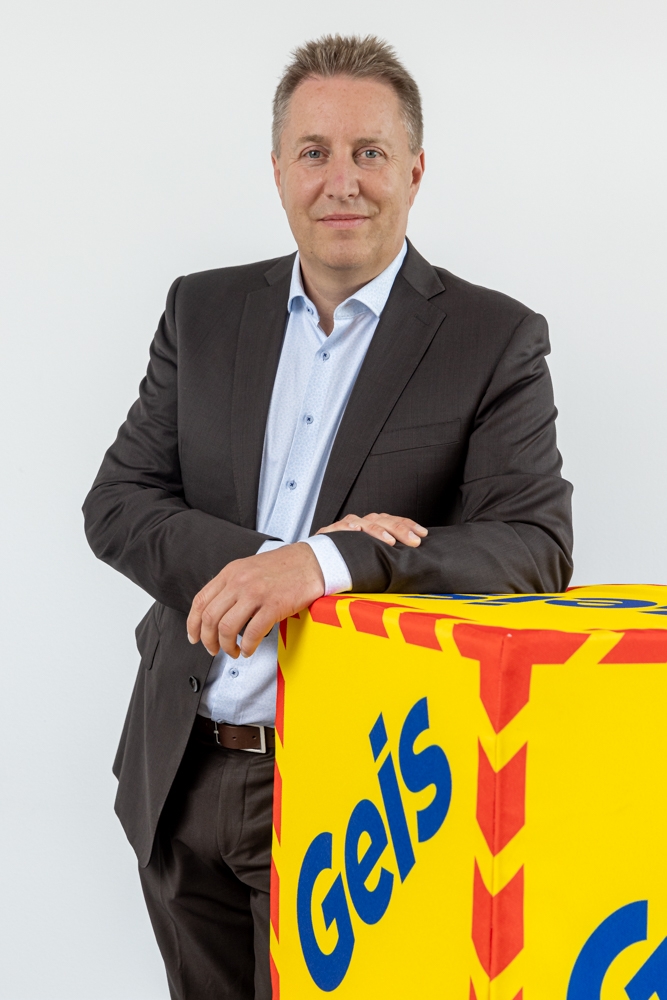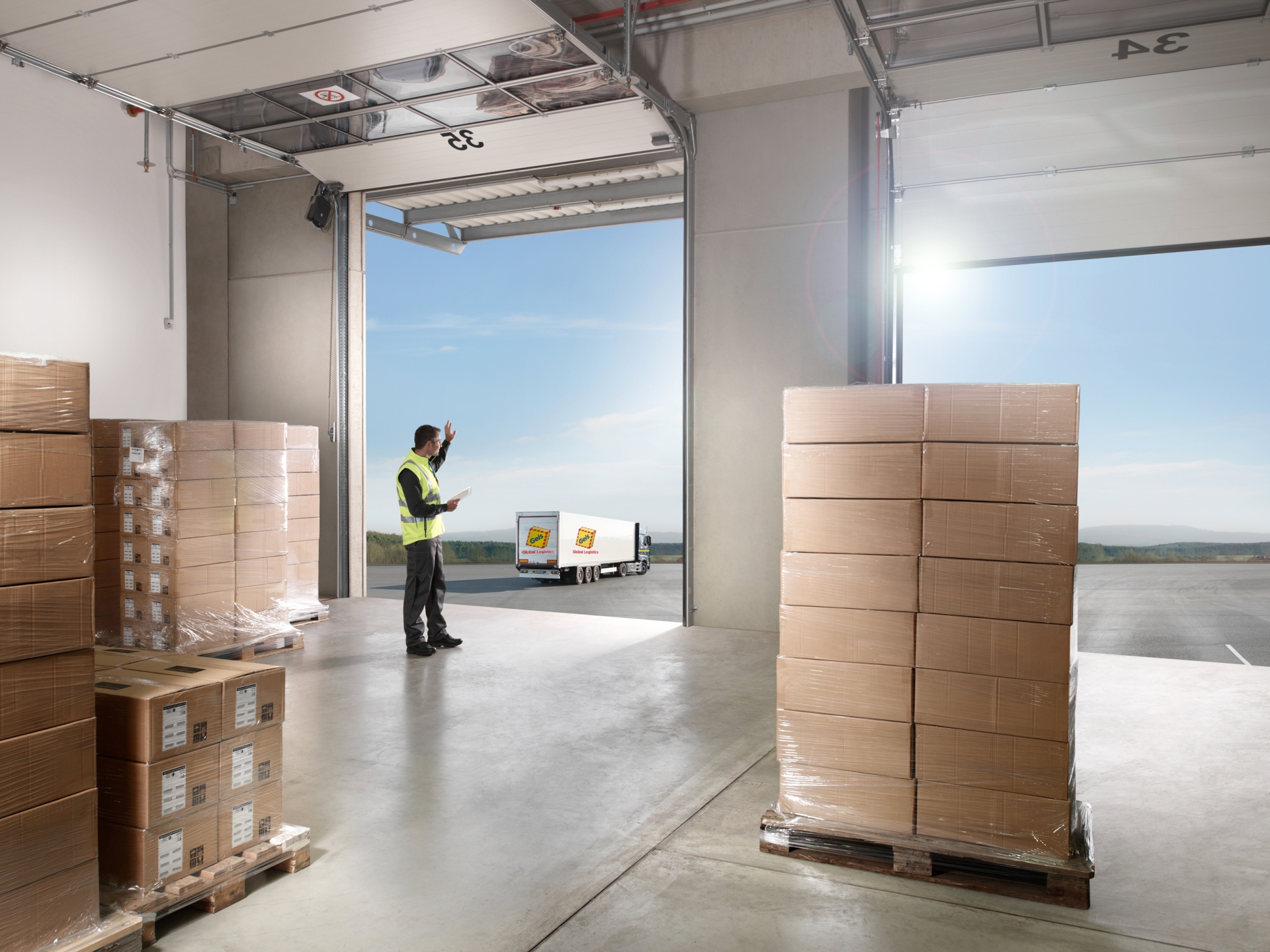

In the past year, companies faced a difficult economic situation and adverse global events played a significant role in this. A large number of companies have seen orders fall and costs rise, leading them to actively seek savings. How has this impacted on logistics, which is directly linked to various industries? And what can we expect to see in this industry this year?
Logistics under pressure
In 2023, the market was marked by reduced demand and an economic downturn caused by the overall economic situation and global events such as the ongoing war in Ukraine. Companies in most sectors have faced and continue to face major economic challenges, including inflation, tax burdens and wage pressures. Reduced household consumption and problems in supply and demand chains have affected the movement of goods both nationally and globally.
Logistics, as in previous years, remains a key player, adapting to constantly changing conditions. But it is not easy. As a result of the market problems, companies providing logistics services are faced not only with a drop in order volumes (fewer shipments, less movement of goods in warehouses, less packaging sold, etc.), rising operating and wage costs, but also with pressure from their clients to keep prices as low as possible.

Even ecology comes at a cost
Costs in logistics continue to rise, also in the context of the growing need to invest in sustainable solutions. The construction of green buildings, the use of green vehicles and the reduction of the carbon footprint require significant financial resources. Daniel Knaisl, Geis Group Managing Director for the Czech Republic, Slovakia and Poland, says: "Our company has implemented a number of environmental measures long before sustainability became a fashionable topic and is constantly expanding and pushing them. However, we always consider whether a particular measure really makes sense. For example, an electric truck costs 3-4 times more than a state-of-the-art diesel truck, yet has many limitations - for example, its short range, which reduces its efficiency and therefore further increases costs. And these costs must ultimately be paid by someone." Knaisl thus points out that the move towards this green solution may not be very efficient in the end. The second point to consider is that the newly incurred costs for a seemingly greener solution are passed on down the retail chain and can set off a spiral: higher costs - more expensive goods - higher inflation - lower demand.
The key to success
However, the never-ending challenging conditions for logistics can also be a challenge. And logistics providers have become accustomed to these after the covid era. According to Geis, the key to coping with them i s flexibility, a comprehensive approach to logistics, but also the development and innovation of services. Knaisl mentions one such example: "Many Czech companies export their products abroad, and we are constantly expanding our services in this direction. Last year alone, we opened a number of new export lines to various European countries, which makes shipping abroad even faster and often even cheaper." But it's not just about expanding the service for clients in the shipping sector, it's also about investing in innovations in warehouse logistics, for example. The company also places a great deal of importance on its employees, which is why looking after them is also a key focus.
s flexibility, a comprehensive approach to logistics, but also the development and innovation of services. Knaisl mentions one such example: "Many Czech companies export their products abroad, and we are constantly expanding our services in this direction. Last year alone, we opened a number of new export lines to various European countries, which makes shipping abroad even faster and often even cheaper." But it's not just about expanding the service for clients in the shipping sector, it's also about investing in innovations in warehouse logistics, for example. The company also places a great deal of importance on its employees, which is why looking after them is also a key focus.
Prospects for 2024
Surely we all, both companies and individuals, hope that the economy will pick up again this year and that there will be no further negative events that would affect it in a major way. This is the basic prerequisite for a return to a stable environment, for people and companies to regain confidence in the future and to be willing to spend and invest. Knaisl concludes, "I would like to believe that by 2024 there will already be an economic recovery and renewed demand for goods from both companies and households. This would also bring positive changes to the logistics and transport sector. We are slightly optimistic about the potential development this year and hope that this expectation will be at least partially fulfilled after a long period of unending problems."